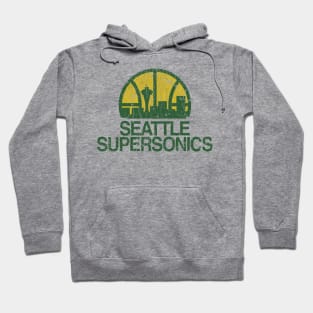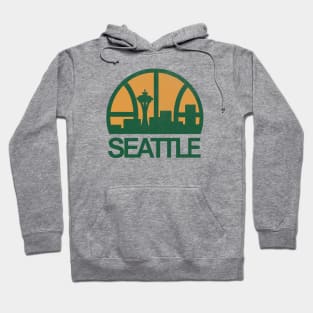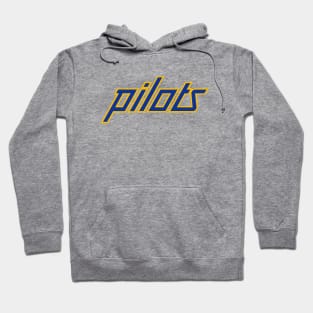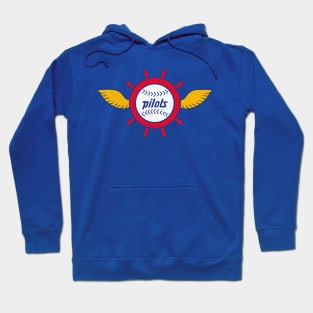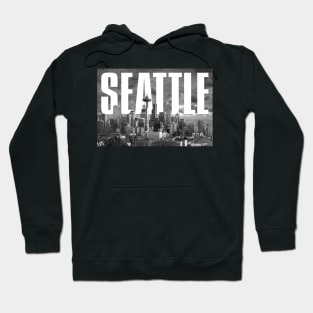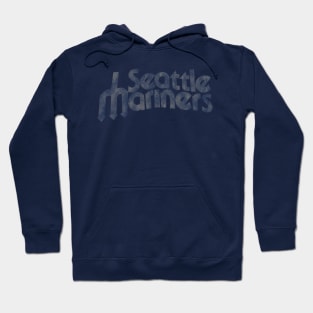Seattle Hoodies
Search Results
Hoodie FAQ
What material is this item made of?
Cotton/Poly fleece blend. Super warm and cozy fleece lining with an adjustable hood and banded cuffs to keep in the heat.
What USA ship methods are available?
UPS MI Domestic (6-8 Business Days)
FedEx 2-Day (4-6 Business Days)
Estimates include printing and processing time. More Shipping Info »
What is the Return/Exchange policy?
We want you to love your order! If for any reason you don't, let us know and we’ll make things right. Learn More »


